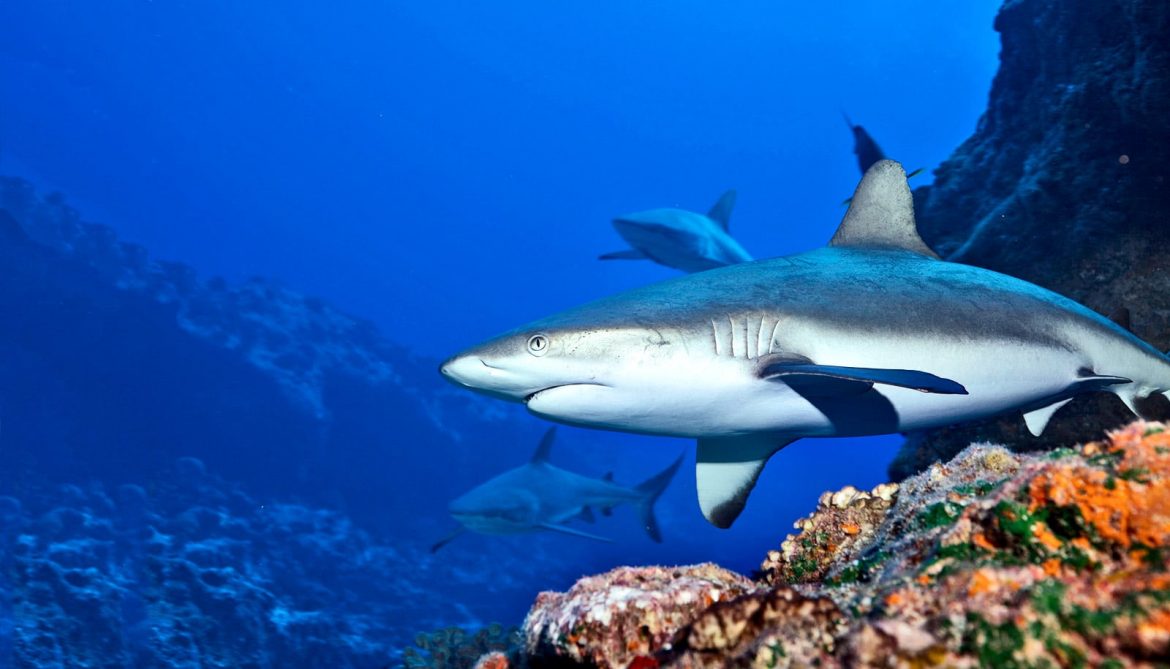Scientists have discovered that Sharks are deserting their coral reef homes as the climate crisis continues to heat up the oceans.
This is likely to harm the sharks, which are already endangered, and their absence could have serious consequences for the reefs, which are also struggling. The reef sharks are a key part of the highly diverse and delicate ecosystem, which could become dangerously unbalanced without them.
According to reports, the researchers tagged and tracked more than 120 grey reef sharks living on the remote coral reefs of the Chagos archipelago in the central Indian Ocean from 2013 to 2020. As reefs became more stressed, particularly during the major ocean-warming El Niño event of 2015-16, the sharks spent significantly less time there. They failed to return to normal residency for up to 16 months after a stress event.
However, the sharks actually spent more time on a minority of the coral reefs. These reefs were healthier and more resilient, due to factors including the eradication of invasive rats and higher populations of birds, which help fertilise the reef. The researchers said this showed that increasing the protection of coral reefs from human-caused damage may help sharks remain on their home reefs.
Read also: Report: US voters say plastics industry should be held responsible for recycling claims
Sharks are cold-blooded and their body temperature is linked to water temperature. “If it gets too hot, they’re going to need to move,” said Dr David Jacoby, a lecturer in zoology at Lancaster University and the leader of the research project. “We think many are choosing to move into offshore, deeper and cooler waters, which is concerning. Some of the sharks were disappearing entirely from the reef for long periods of time.
“Reef sharks are already absent from nearly 20% of coral reefs globally, partly through [overfishing], and this new finding has the potential to exacerbate these trends.”
Tropical coral reefs are spectacular and incredibly biodiverse ecosystems, hosting a quarter of all marine fish, and they are being badly damaged by the heating of ocean waters, overfishing and pollution. The vast majority could be lost if global heating reaches 2C and most are projected to suffer from severe bleaching events every year by mid-century, even if the pledges from the Paris climate change deal are fulfilled. At least 500 million people rely on coral reefs for their food and livelihoods.
Story was adapted from the Guardian.
